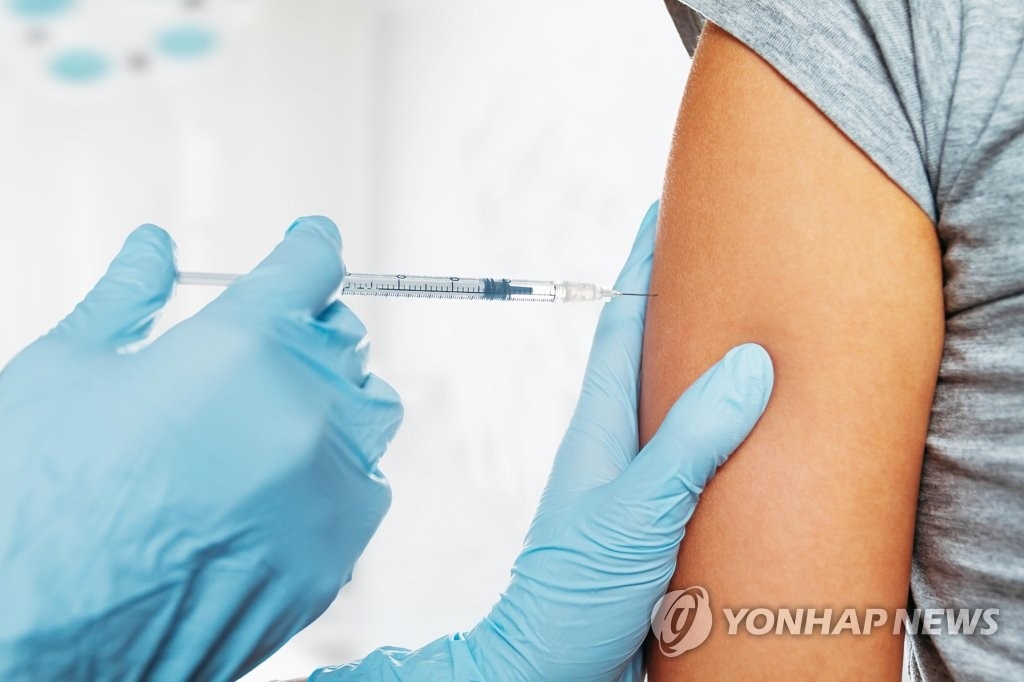
As early next month, the first vaccine shipments for Corona 19 are expected to enter Korea, and the government’s preparation work is also accelerating.
The government has completed the division of duties by relevant ministries (Ministry of Land, Transport and Maritime Affairs, Ministry of Land, Transport and Maritime Affairs, Ministry of Defense for Distribution, and Ministry of Administration and Security for vaccination implementation) and is in the process of finalizing the current vaccination priorities. do.
Interest is how big the vaccines will be introduced sequentially from next month, and who will be hit first.
While the weight is placed on the top priority vaccination by medical staff at the frontline quarantine field, attention is also paid to whether the elderly, who are subject to priority vaccination, can receive vaccinations in February.
While Pfizer and AstraZeneca vaccines are expected to be available first, AstraZeneca products are known to be relatively lacking in clinical studies for the elderly. For this reason, it is reported that internal discussions are underway regarding the AstraZene vaccination of the elderly.
Apart from this, it is also noteworthy that the vulnerable groups such as severely handicapped and even those who deal with essential social services such as electricity, water, and gas will be included in the recommendation for priority vaccination.
According to the quarantine authorities on the 25th, of the 56 million people the government has secured so far (76 million people including the planned contract amount), the first quantity to come in is’Covax Facility’, an international project for joint purchase and distribution of vaccines. This is the initial quantity of (COVAX facility).
The government has signed a contract to supply a total of 10 million vaccines from Kovacs, of which 50,000 are expected to arrive in early February.
The vaccines originally proposed by Kovacs are the products of three companies: AstraZeneca, Pfizer, and Sanofi-GlaxoMiscline (GSK), and Pfizer vaccines are currently being actively reviewed.
If vaccination begins before the Lunar New Year holiday (2.11-14), the target is likely to be a medical staff at a hospital dedicated to infectious diseases.
This is because medical staff, who are always exposed to the risk of infection while caring for COVID-19 patients, are ranked as the first priority for vaccination.
In fact, even in the United States and other countries that have already begun vaccination, there were many cases where the’No. 1 vaccination’ was a medical staff.
Following KOVAX, AstraZeneca vaccine is expected to be introduced in the domestic market sequentially.
The Ministry of Food and Drug Safety received an application for a vaccine item license from AstraZeneca on the 4th and is currently reviewing nonclinical and clinical trial data, and plans to hold a meeting of the’Corona 19 Vaccine Safety and Effectiveness Verification Advisory Group’ on the 31st.
AstraZeneca vaccine, like COVEX, is scheduled to be supplied first.
The government previously announced that it plans to supply the quantity produced by SK Bioscience, a commissioned production facility of AstraZeneca, sequentially from February to March. It is reported that the first supply will be around 1 million out of the total 10 million.
AstraZeneca’s vaccine is expected to be administered to high-risk groups such as the elderly in nursing homes.
The government has previously announced several times its policy to start vaccination for workers in high-risk medical institutions and elderly people living in nursing hospitals and facilities. It is estimated that about 560,000 elderly people live in group facilities such as nursing homes.
Some say that the first dose of AstraZeneca vaccine is 1.5 million people, of which 750,000 people will be vaccinated by elderly hospitalized patients in nursing hospitals and medical staff at high-risk medical institutions.
However, the ranking of vaccination targets has changed, and there is a possibility that elderly patients will be hit later.
Until now, the government has reviewed a total of nine armies, including the elderly 65 years of age or older, adults with chronic diseases, police, fire officials, and soldiers, as targets for recommended vaccination.
However, it is known that the AstraZeneca vaccine will be excluded from the top priority as it was pointed out that the results of vaccination for the elderly were limited.
(Photo = Yonhap News)
